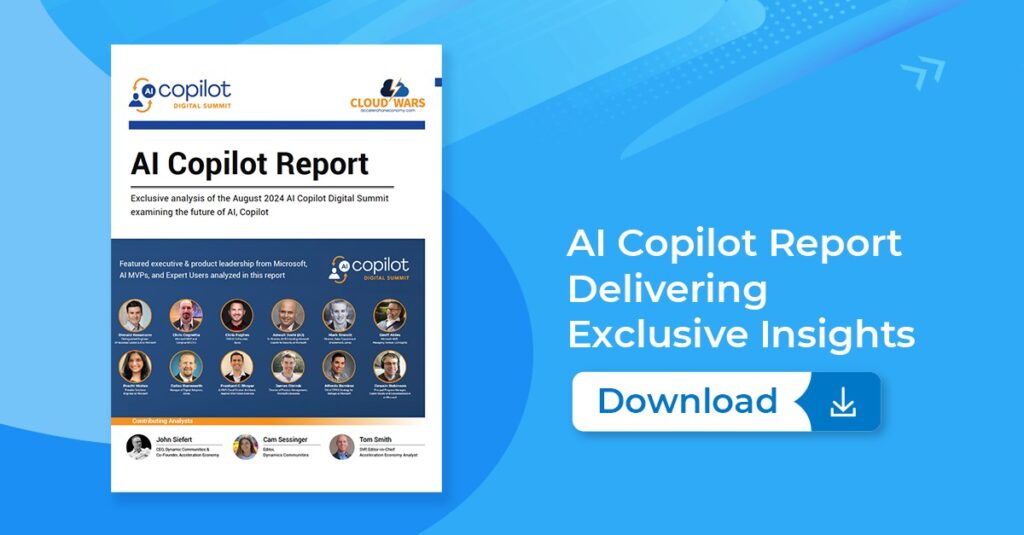
While the world’s attention is currently focused on AI innovation, the foundational technologies, particularly in terms of data, that enabled us to reach this pivotal point are still highly relevant. One key area of focus is data architecture.
A few years ago, new data management and analytics concepts, namely data mesh and data fabric, revolutionized the way companies approach organization, access, and utilization of data. In my opinion, data fabric emerged as the preferred choice, with Microsoft Fabric being a notable example.
Now, ServiceNow has reignited interest in data fabric architecture with the launch of Workflow Data Fabric, a new intelligent data layer designed for the AI era.
Access For All Workflows and Agents
Workflow Data Fabric is an integrated data layer that unifies business and technology data enabling real-time, secure access for all workflows and AI agents. ServiceNow has also introduced Zero Copy connectors that simplify integration for instant, AI-powered actions, and the company has partnered with Cognizant as the first global systems integrator to bring Workflow Data Fabric to market. However, for this analysis, we’ll focus on the capabilities of Workflow Data Fabric.
“AI is only as powerful as the platform it’s built into and the data it has access to,” said Jon Sigler, senior vice president of Platform and AI at ServiceNow.
“With Workflow Data Fabric, we’re making it easier for customers to connect, understand, and act on business data from any source so they can maximize efficiency and solve bigger, industry‑specific problems. ServiceNow is the AI platform for business transformation, delivering the winning combination of AI, data, and workflow orchestration and automation.”

AI Agent & Copilot Summit is an AI-first event to define opportunities, impact, and outcomes with Microsoft Copilot and agents. Building on its 2025 success, the 2026 event takes place March 17-19 in San Diego. Get more details.
Support for Diverse Data Types
Workflow Data Fabric allows customers to access and edit data from any system, enabling them to utilize structured, unstructured, semi-structured, and streaming data from anywhere and at scale.
The new Workflow Data Fabric is powered by ServiceNow’s Automation Engine and includes a range of features such as out-of-the-box integrations, automation, data streaming, robotic process automation (RPA), and process mining capabilities, all enhanced by the company’s RaptorDB Pro database. Additionally, this data management solution promises faster real-time data processing and reduced latency.
Furthermore, the new data solution supports the ServiceNow Knowledge Graph, allowing customers—and crucially, AI agents—to understand the correlations between every user, process, business operation, and system within an enterprise.
Closing Thoughts
Although ServiceNow launched its AI agent offering in September 2024, the company’s impact in the sector regarding the capabilities of its agentic AI has yet to materialize.
The first Customer Service Management AI Agents and IT Service Management AI Agents are scheduled for release later this month, and other use cases won’t arrive until 2025. This means we need to hold off on evaluating their effectiveness and their place in the wider market for now.
In the meantime, ServiceNow’s strategic move to introduce a data platform that supports the broader agent-based AI ecosystem is crucial. Combined with the Cognizant deal, which will undoubtedly expedite the adoption of this technology, ServiceNow is positioning itself as both an enabler and provider of AI solutions—an enviable place to be in what is quickly becoming the most competitive technology market in a generation.










